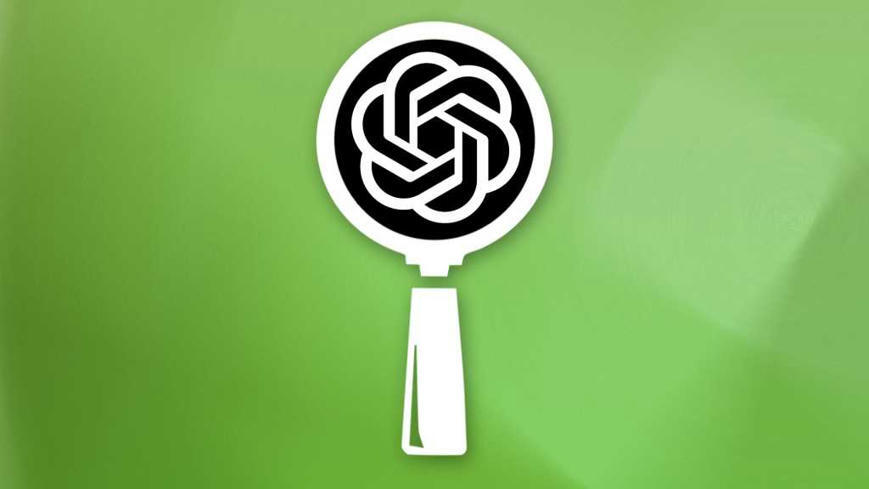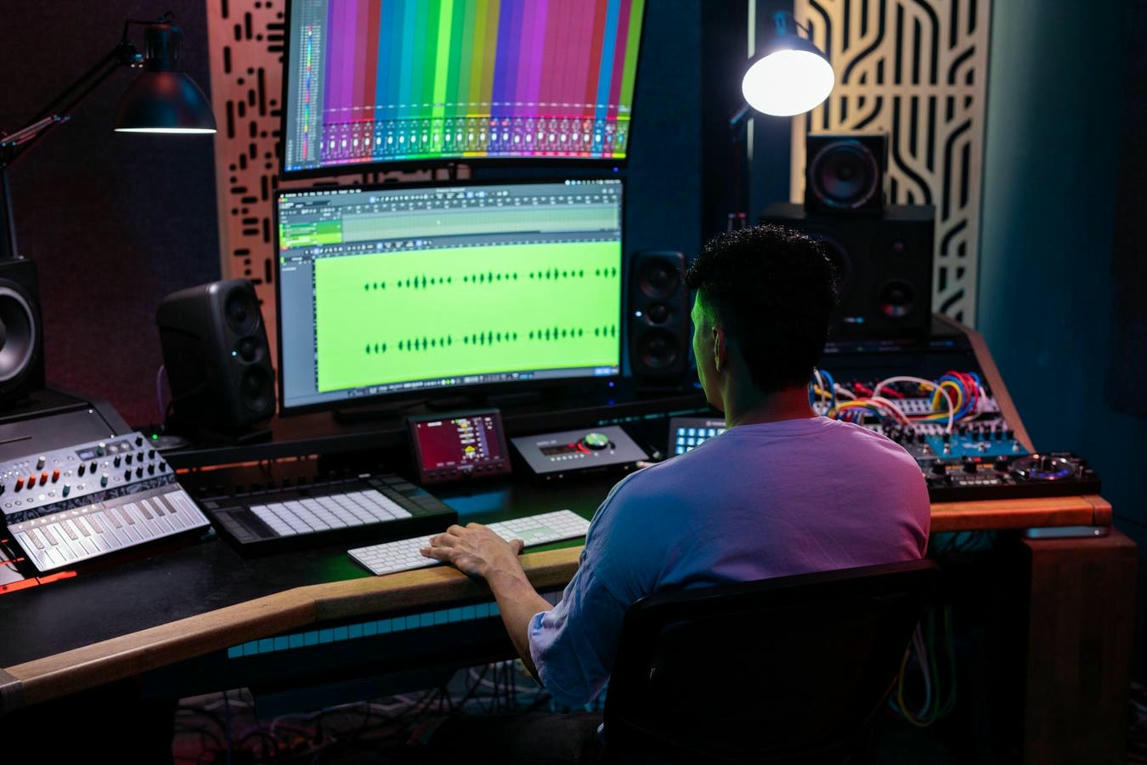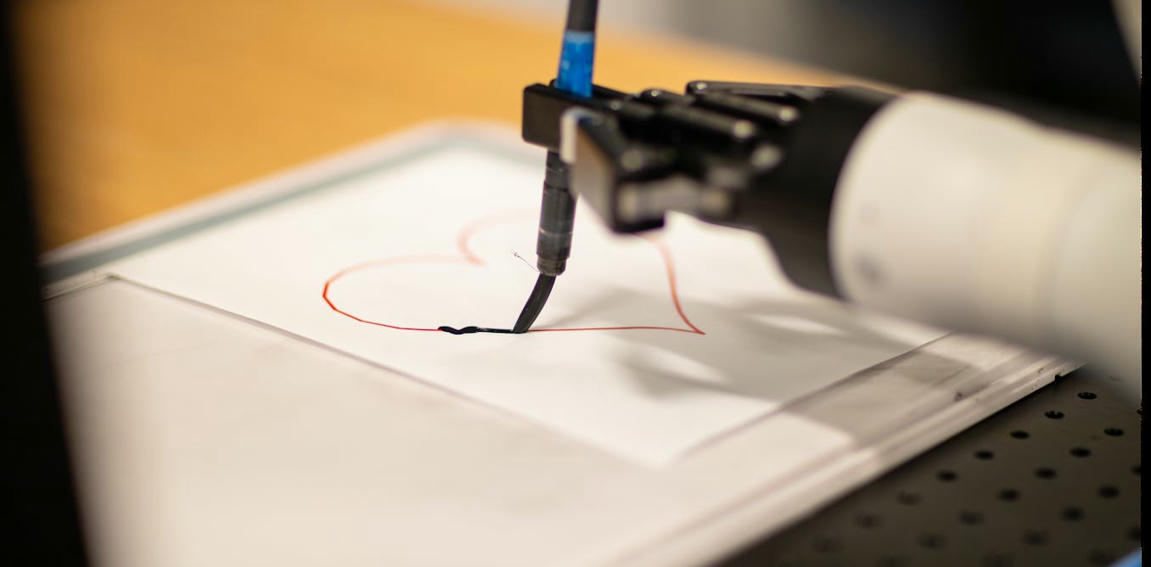
I’ve tested countless Linux distributions over the years. Here’s my essential list of the top post-install steps to take before you dive in too deep.
So, you’ve finally installed Linux, and you’re ready to make it your go-to operating system (or at least explore it to find out if it’s a worthy replacement). You might find the OS pretty easy to use out of the gate. Depending on the desktop environment you’ve chosen (such as GNOME, Plasma, Budgie, Pantheon, Cinnamon, etc.), it probably has all the bits and pieces you’re used to.
Read the full article at: www.zdnet.com








